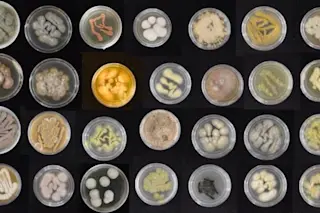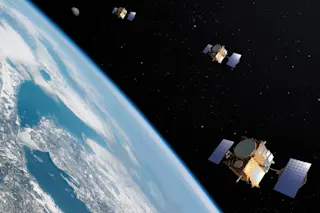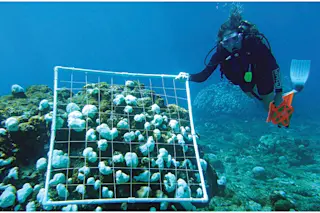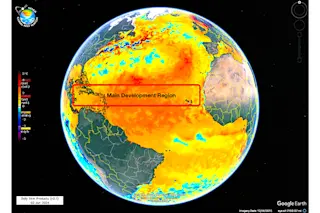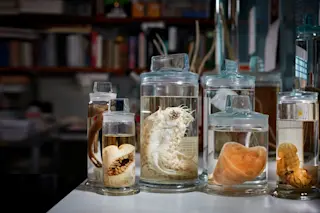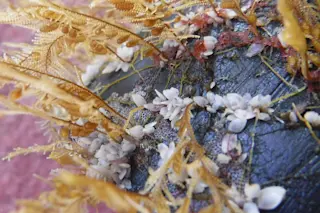Some of the consequences of ocean acidification appear obvious: The shells of mollusks, for instance, could dissolve as the pH of ocean water drops thanks to the ocean pulling out some of the excess carbon dioxide humans put into the atmosphere. But what about more subtle effects of seawater growing more acidic? In the Proceedings of the National Academy of Sciences this week, researchers set up an experiment to see whether the growing acidity of the ocean could disrupt the marine cycle of nitrogen, which provides key nutrients for plant life. Indeed it can, J. Michael Beman's team found, and that's another potentially dangerous side effect of the ocean as a carbon sink.
The authors of the study examined a specific step in the marine nitrogen cycle, called nitrification, in which microorganisms convert one form of nitrogen, ammonium, into nitrate, a form plants and other marine microorganisms require to survive. ...


